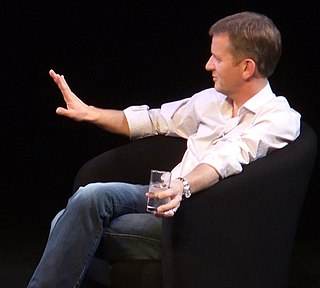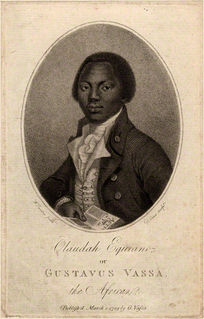A Quote by Livy
Avarice and luxury, those evils which have been the ruin of every great state.
Related Quotes
In a state of tranquility, wealth, and luxury, our descendants would forget the arts of war and the noble activity and zeal which made their ancestors invincible. Every art of corruption would be employed to loosen the bond of union which renders our resistance formidable. When the spirit of liberty which now animates our hearts and gives success to our arms is extinct, our numbers will accelerate our ruin and render us easier victims to tyranny.
When economist William Beveridge dreamed up the postwar welfare state he wanted to fight five 'giant evils' - want, disease, ignorance, squalor and idleness. Fast forward 65 years and it seems the last New Labour government grew an Unfair State that fuelled - not fought - one of those evils: idleness.
He who seeks to regulate everything by law is more likely to arouse vices than to reform them. It is best to grant what cannot be abolished, even though it be in itself harmful. How many evils spring from luxury, envy, avarice, drunkenness and the like, yet these are tolerated because they cannot be prevented by legal enactments.
Whoso turns his attention to the bitter strifes of these days and seeks a reason for the troubles that vex public and private life must come to the conclusion that a fruitful cause of the evils which now afflict, as well as of those which threaten us, lies in this: that false conclusions concerning divine and human things, which originated in the schools of philosophy, have crept into all the orders of the state, and have been accepted by the common consent of the masses.
The luxury of today is the necessity of tomorrow. Every advance first comes into being as the luxury of a few rich people, only to become, after a time, an indispensable necessity taken for granted by everyone. Luxury consumption provides industry with the stimulus to discover and introduce new, things. It is one of the dynamic factors in our economy. To it we owe the progressive innovations by which the standard of living of all strata of the population has been gradually raised.
The State which would provide everything, absorbing everything into itself, would ultimately become a mere bureaucracy incapable of guaranteeing the very thing which the suffering person—every person—needs: namely, loving personal concern. We do not need a State which regulates and controls everything, but a State which, in accordance with the principle of subsidiarity, generously acknowledges and supports initiatives arising from the different social forces and combines spontaneity with closeness to those in need. The Church is one of those living forces.
Neither should we forget the mean, which at the present day is lost sight of in perverted forms of government; for many practices which appear to be democratical are the ruin of democracies, . . Those who think that all virtue is to be found in their own party principles push matters to extremes; they do not consider that disproportion destroys a state.
He alone is worthy of the appellation who either does great things, or teaches how they may be done, or describes them with a suitable majesty when they have been done; but those only are great things which tend to render life more happy, which increase the innocent enjoyments and comforts of existence, or which pave the way to a state of future bliss more permanent and more pure.








































